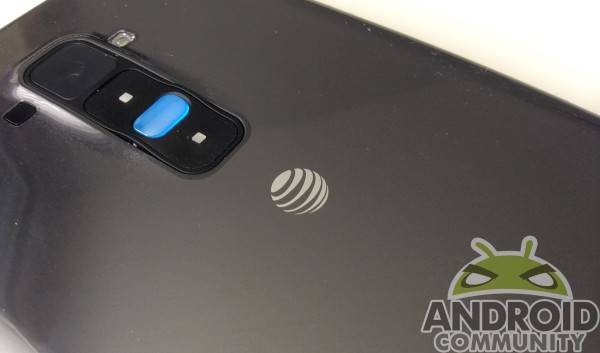
When it comes to voice minutes for your smartphone plan, a majority of us don’t give it a second thought. Many plans have unlimited talk, so any worry about going “over on minutes” is lost in the shared data dance many of us do. Those customers who do count their minutes — specifically prepaid customers — might be having precious time taken from them.
A new report from some AT&T and T-Mobile prepaid customer talk minutes shows things may not be as they seem. Customers have noticed that the call time listed on their phone don’t quite match up with those noted online. A 29 second call was listed as over a minute long (by two seconds) in one case, which doesn’t sound like a big deal until you consider how the carrier tallies talk time. All calls are rounded up to full minutes, so a 29 second call is reasonably one minute. Putting it over a minute rounds it up to two minutes. For a 30 second call, that’s a bit excessive.
Both AT&T and T-Mobile issued similar responses to the study, saying call time isn’t indicative of network use time. Both companies say that just because a call has ended doesn’t mean your interaction with their towers has, and it can take extra time for the signal to end, officially. In a statement to The Washington Post, AT&T said “A call’s time begins when you press the send button. And, a call’s time ends after you press the end button and your phone’s signal to disconnect is received by the network and the call disconnect signal is confirmed.”
In testing, a Washington Post reporter purchased three devices — one from AT&T, one from T-Mobile, and one from Verizon. While both AT&T noted discrepancies in the call log between the device and online, Verizon didn’t. This slices right through AT&T’s claims of network latency on discontinuing the signal.
Via: Fierce Wireless









